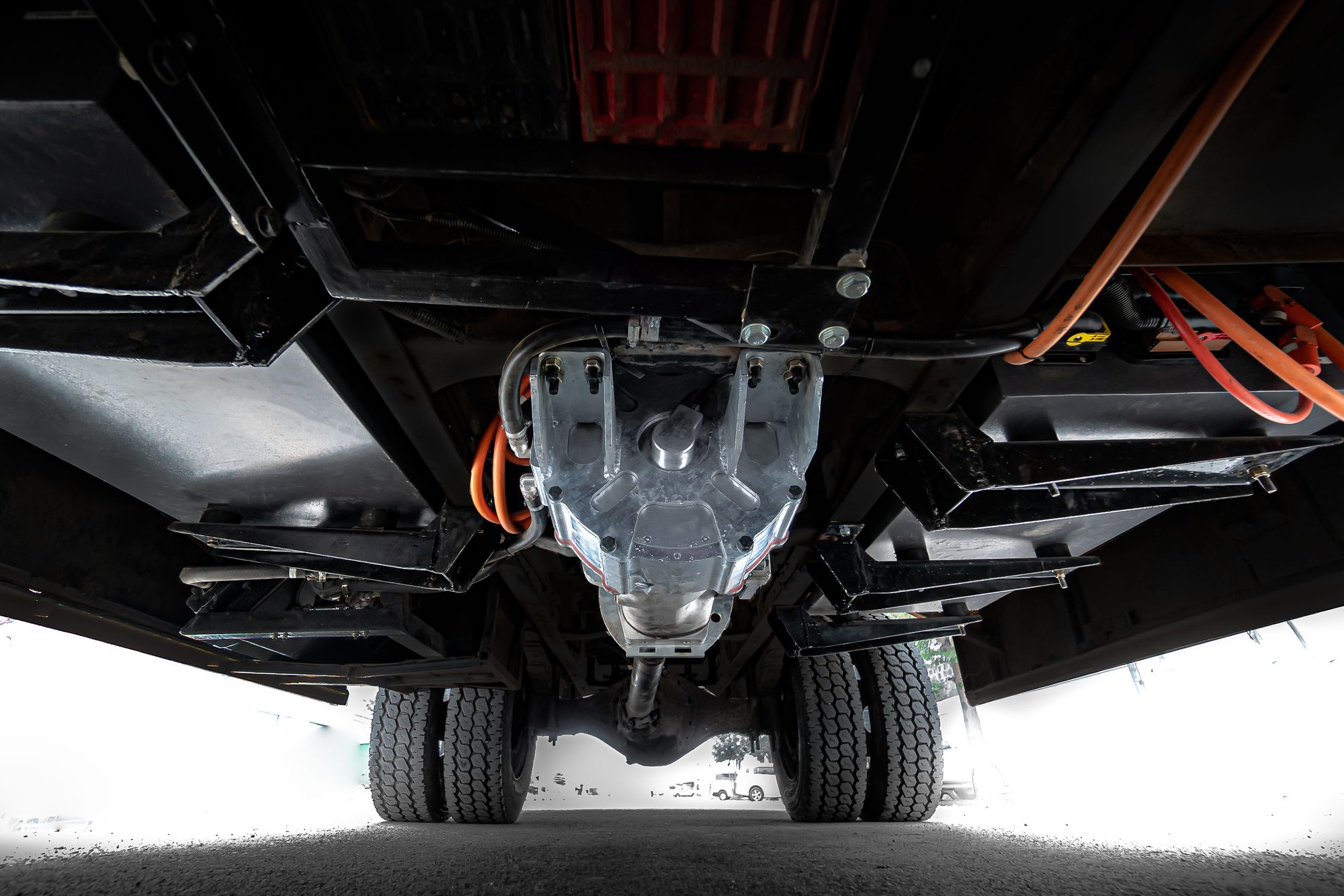Opibus launches its first electric bus designed and developed in Africa.
Opibus has launched the first-ever electric bus that has been designed and developed in Africa. It is the first major step in the company's vision to provide a locally designed and developed electric bus that can be mass-produced for the pan-African market, by the end of 2023.


Opibus is a Swedish-Kenyan technology company that designs, develops, and deploys electric vehicles tailored for the African continent, leading the transition to sustainable transport. The company was founded in 2017 and became the first company to produce motorcycles and cars. It has several projects in the game parks where the cars used are fully electric. Opibus has close to 100 hardworking personnel with 40% being female employees. Since its inception to date, the company has deployed 170 vehicles. Opibus is today the leading developer of electric vehicles in Africa and has one of the largest fleets of electric motorcycles deployed.
Opibus has launched the first-ever electric bus that has been designed and developed in Africa. It is the first major step in the company's vision to provide a locally designed and developed electric bus that can be mass-produced for the pan-African market, by the end of 2023. This is a step towards realizing Opibus's goal of electrifying Africa's public transport system, deploying products tailored for the local use case. The bus is designed and developed in-house with local engineering talent, while at the same time utilizing local manufacturing partners.
The key to the technology is the Opibus proprietary electric vehicle platform, which is modular and can be the foundation for several types of vehicles. This enables the creation of a bus that is suitable for the African use case, in its reliability, durability, and price point. It also means local and global contract manufacturers can be used to create a globally competitive product, with a rapid scale-up.

This bus will be significantly lower cost than importing fully built electric buses. However, it also has superior performance compared to its diesel counterpart. With the installation of a powerful motor, the bus has maximum torque which improves performance while enabling the driver to accelerate more responsively. Additionally, since the electric bus does not have a combustion engine or manual gearboxes, there are no oil/filters/gaskets that need to be changed. This translates to an 80% reduction in maintenance expenses, compared to a diesel bus. Taking into account the electricity charges which are also significantly lower than the ever-increasing diesel price, the total operating expenses are lowered by 50% and will revolutionize the public transport sector in Africa.
Dennis Wakaba, Project coordinator - Public Transport says this first electric bus is set to be launched commercially mid this year. Following this, the platform will be tested at scale in commercial deployment of 10 buses during the second half of 2022. In doing so, we ensure that we gather valuable feedback to continue the development of the product for an optimized market fit. It feels great to be the first movers in this very exciting space.
The deployment of the buses will initially be in peri-urban areas around Nairobi Metropolitan, paired with a business model that enables operators to save from day one. Along with the bus deployment, several charging points will be installed from Opibus' already existing range of products. These chargers will be a mix of AC (slow) and DC (fast) chargers, using the fast charger, the electric bus will be fully charged within an hour enabling seamless operations.
Here is a summary of the specifications of the new electric bus from Opibus:
- Power: 225 kW
- Torque: 706 Nm
- Top speed: 85 km/h
- Battery capacity: 121 kWh (LiFePO4 battery)
- DC charging power: 90 kW (CCS Combo 2)
- Charging time: 1.5 hours
- AC charging power: 20 kW
- Driving range: up to 120 km
- Regenerative braking to the battery (customizable)
- Fully electric power steering
- IP67 waterproof rated powertrain
- Liquid-cooled motor, controller, & charger




